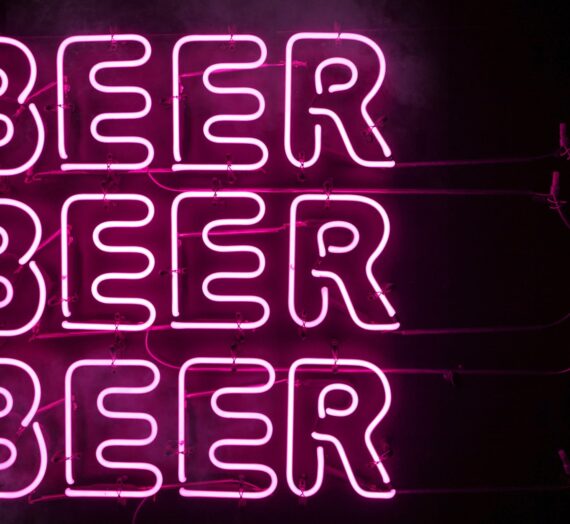People drink beer for various reasons. Some enjoy its taste and find it a pleasurable beverage. Others consume beer socially, as it can be a part of social gatherings and celebrations. Beer can also have a relaxing effect due to its alcohol content, making it a choice for stress relief or relaxation. Additionally, some people appreciate the cultural and historical aspects of beer, as it has been brewed and enjoyed for centuries in different parts of the world. It’s important to consume alcohol responsibly and in moderation, as excessive alcohol consumption can have negative health effects.
Certainly, here are a few more reasons why people drink beer:
- Flavor Variety: Beer comes in a wide range of flavors and styles, from light and crisp lagers to rich and complex ales. This diversity in taste appeals to many different palates.
- Pairing with Food: Beer can complement various foods, and people enjoy the art of pairing different beers with meals to enhance the dining experience.
- Tradition and Culture: Beer is an integral part of the culture in many regions, often linked to traditional events, festivals, and customs.
- Relaxation and Stress Relief: Some individuals find that a moderate amount of beer helps them unwind and reduce stress after a long day.
- Experimentation and Craft Beer: Craft breweries have gained popularity, and people enjoy trying unique and locally brewed beers, appreciating the craftsmanship and creativity behind them.
- Socialization: Beer is frequently associated with social gatherings, helping people connect and socialize with friends and family.
Beer, like many alcoholic beverages, can have both positive and negative effects on health, depending on how it is consumed and in what quantities. Here are some potential benefits and drawbacks:
(Check this deal out case of x 12 Skinners Lushingtons)
(This post has an affiliate link in it where I might get rewarded for it please go to my Disclosure page for more details)
Potential Benefits:
- Moderate Consumption: Some studies suggest that moderate beer consumption may have certain health benefits. This typically means one drink per day for women and up to two drinks per day for men.
- Heart Health: Moderate beer consumption may be associated with a reduced risk of heart disease, possibly due to the presence of alcohol and certain antioxidants in beer.
- Nutrient Content: Beer contains some essential nutrients like B vitamins, dietary silicon, and antioxidants, which could be beneficial in moderation.
Potential Drawbacks:
- Alcohol Content: Beer, like all alcoholic beverages, contains ethanol (alcohol), which can be addictive and harmful in excessive amounts.
- Empty Calories: Beer can be calorie-dense, and excessive consumption may lead to weight gain and associated health issues.
- Liver and Health Risks: Chronic and heavy alcohol consumption can harm the liver and increase the risk of certain diseases, including cirrhosis.
- Risk of Accidents: Alcohol impairs judgment and coordination, increasing the risk of accidents, including car accidents.
- Interactions with Medications: Beer can interact with certain medications, reducing their effectiveness or causing side effects.
(Check this deal out case of x 12 Skinners Lushingtons)
(This post has an affiliate link in it where I might get rewarded for it please go to my Disclosure page for more details)
Ultimately, whether beer is “good” for you depends on your individual circumstances, including your overall health, how much you consume, and whether you drink responsibly. Now I’m no expert so It’s important to consult with a healthcare professional for personalised advice, especially if you have specific health concerns or conditions.
It’s crucial to consume beer responsibly, considering the potential health effects and adhering to legal drinking age regulations.




